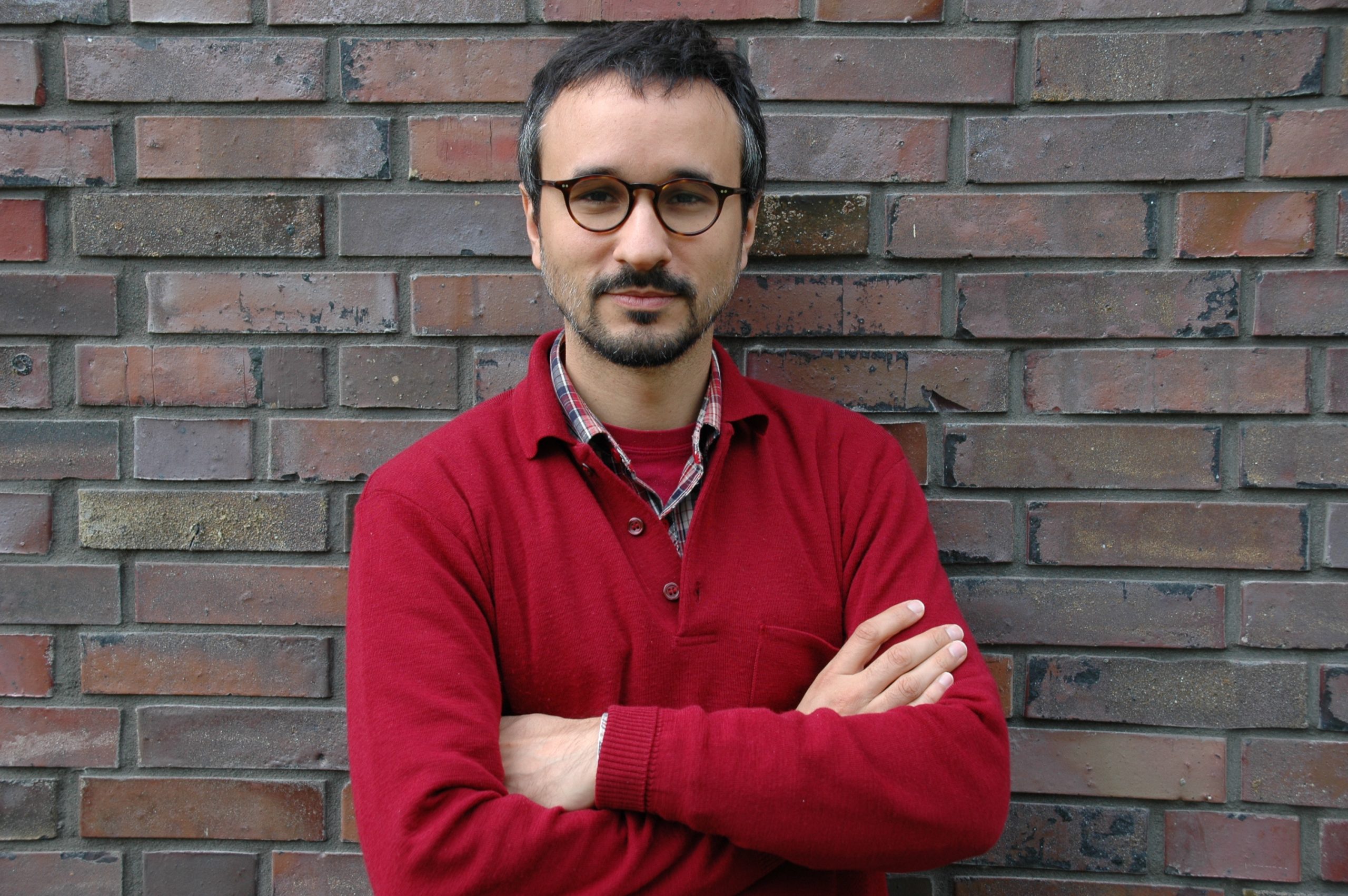Put more Journalism into Science Journalism

Science journalist Michele Catanzaro on research in the media from an international, non-naive view – HITS public talk on Tuesday, November 11, 4 p.m., Studio Villa Bosch in Heidelberg.
Mexican nano-terrorists, Turkish quadrupedals, fractal cancer cures, Thatcherian genes… many stories show that good science journalism can save lives, and bad science journalism can kill (literally). There is evidence that it can even affect the workings of science itself. However, science journalism is often naively portrayed as inherently unbiased, disinterested, and curiosity-driven. Michele Catanzaro will use examples from international outlets and evidence from media research to question this view. He will show that multiple stakeholders, with different interests, shape the representation of science in the media. Scientists, journalists, and the public have the opportunity to engage in this complex mechanism. Examples of excellent science journalism from all over the world show that this activity is not doomed to be just an agenda-setting machinery. On the contrary: Catanzaro claims that putting more journalism into science journalism can turn it into an effective tool of democratic participation.
Michele Catanzaro studied Physics in Rome and subsequently received his doctorate from the Technical University of Barcelona. Since 2000, he has been working as a freelance science journalist for media in Italy, Spain, Mexico and Great Britain, like Nature, The Guardian, Physics World, and El Periódico. His main topics of interest are in the areas of science, medicine and technology. Not only does he write articles about these topics in four languages, he also produces short documentaries and writes scripts for television. In addition, he is the co-author of the book “Networks: A very short Introduction,” which was published in English and Spanish. For his work, he received the “King of Spain International Journalism Prize” in 2013, as well as the “BBVA InnovaData” Award for a project in data journalism. Since August 2014, Michele Catanzaro is “Journalist in Residence” at HITS.Since 2012, the HITS “Journalist in Residence” program offers experienced journalists with a focus on science journalism the opportunity to spend a three-month to six-month paid stay at HITS. In this time, journalists can accompany research groups and their publications, implement their own projects and participate in internal colloquia and seminars of HITS researchers.
We cordially invite you to this talk in the Tagungszentrum Studio Villa Bosch, Schloss-Wolfsbrunnenweg 33, Heidelberg. Due to capacity reasons, please register at peter.saueressig@h-its.org
Free parking in the garage „Unter der Boschwiese“
More Information:
Dr. Peter Saueressig
Head of Communications
Heidelberg Institute for Theoretical Studies (HITS)
Phone: +49-6221-533245
Peter.saueressig@h-its.org
www.h-its.org
Twitter: @HITStudies
About HITS
HITS, the Heidelberg Institute for Theoretical Studies, was established in 2010 by physicist and SAP co-founder Klaus Tschira (1940-2015) and the Klaus Tschira Foundation as a private, non-profit research institute. HITS conducts basic research in the natural, mathematical, and computer sciences. Major research directions include complex simulations across scales, making sense of data, and enabling science via computational research. Application areas range from molecular biology to astrophysics. An essential characteristic of the Institute is interdisciplinarity, implemented in numerous cross-group and cross-disciplinary projects. The base funding of HITS is provided by the Klaus Tschira Foundation.